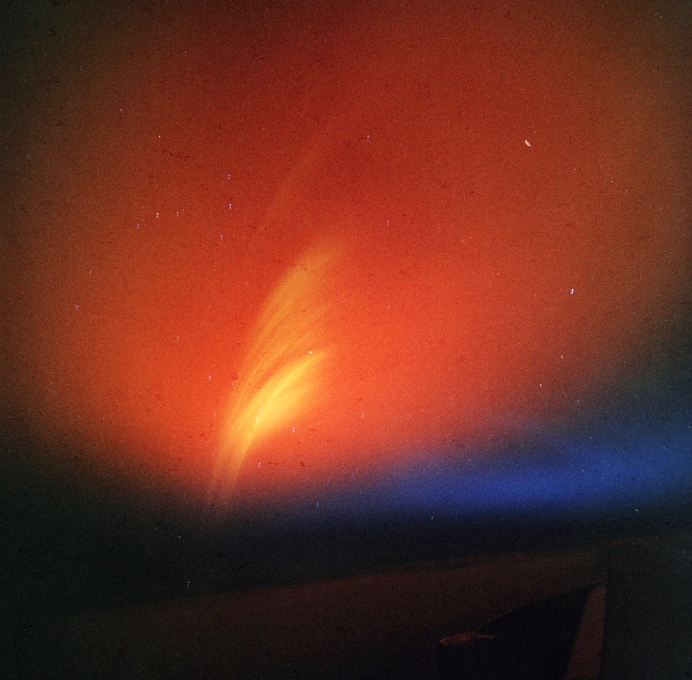Why their ban should be held and the threat Russia holds
By: David Moon
Nuclear weapons: tools of ultimate destruction. Space: a vast, infinite unknown. If combined, they have the potential to be devastating. Now, the Russian Federation allegedly has procured such a device. As such, our nation should divest resources to protect the people from the threat it poses.
While some politicians may claim that nuclear weapons pose minimal threat to the people, due to their slow deployment speeds, high costs, and the targeting of only military targets, they should be considered as such. Nuclear weapons in space would indeed need to be in orbit, and when deployed, it is possible that they could be on the other side of the planet. In that case, it could take anywhere between 90 and 120 minutes to arrive at the launch point, whereas current Intercontinental Ballistic Missiles could consistently take 30 minutes. This makes some critics claim that nuclear weapons in space are too unreliable in times of need.
However, all of these disadvantages are offset by one part of nuclear weaponry: their electromagnetic pulse (EMP). As seen in Starfish Prime, a 1960s United States military test of nuclear weapons in space, the EMP blast from a nuclear weapon had indiscriminate and widespread damage. In Hawaii, which was approximately 900 miles away from where the nuclear weapon was detonated, 300 street lights shut down. Additionally, the instruments that were used to measure the effects of the weapon were driven heavily off-scale. Today, with nuclear warheads much more powerful and satellites littering the skies, the effect of a nuclear weapon’s detonation in space would be much more deadly. As an indiscriminate weapon, all satellites, both military and commercial, in range of the weapon would be disabled and millions could lose access to vital communications and the use of many electronic devices. Diplomacy would struggle with the lack of communications, causing further chaos, while hospitals and various other types of critical infrastructure would fail to function due to the lack of power. Backup generators would also likely be made inoperable. With the loss of satellites and most electric power, the economies of regions the weapons were deployed to would be ruined.
Furthermore, these weapons could ruin rescue efforts in both functionality and coordination if used in tandem with other nuclear weapons, leading to unnecessary casualties in war.
Additionally, if the deployment of a nuclear weapon to space fails, dangerous radioactive materials would rain down upon the Earth and contaminate the surface below. This would ruin farmland and create danger zones if above land and damage the environment if over water. For example, the Starfish test from Operation Fishbowl, a failed United States nuclear test in space.
Even with the seeming ineffectiveness of nuclear weaponry in space due to high costs, long deployment times, and the need for more Research and Development, nuclear weapons in space should be considered a threat. These weapons of mass destruction can cause devastating damage across massive areas, resulting in the obliteration of entire cities, and when used at scale, entire countries. Now, Russia, a generally belligerent state, has access to such capabilities. This would mean much higher volatility and higher probabilities of use, especially with space communication playing a large role in modern warfare. Therefore, it is imperative that the United States takes the necessary measures to defend against them, ensuring the safety of our nation and our allies.



